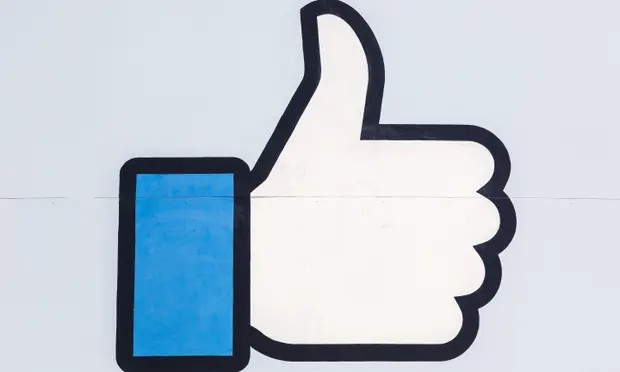
The Guardian- A Canadian judge has ruled that the “thumbs-up” emoji is just as valid as a signature, arguing that courts need to adapt to the “new reality” of how people communicate as he ordered a farmer to pay C$82,000 ($61,442) for an unfulfilled contract.
In a recent case the Court of King’s Bench in the province of Saskatchewan heard that a grain buyer with South West Terminal sent a mass text message to clients in March 2021, advertising that the company was looking to buy 86 tonnes of flax at a price of C$17 ($12.73) per bushel.
The buyer, Kent Mickleborough, spoke with farmer Chris Achter on the phone and texted a picture of a contract to deliver the flax in November, asking the farmer to “please confirm flax contract” in the message.
Achter, who lives in the community of Swift Current, responded with a thumbs-up emoji. But Achter did not deliver the flax in November – and by that time, prices for the crop had increased.
Mickleborough and Achter dispute the meaning of the emoji. The buyer pointed to previous contracts confirmed by text message, suggesting the emoji meant Achter was agreeing to the terms of the contract.
But Achter said that the emoji indicated only that he had received the contract in the text message.
“I deny that he accepted the thumbs-up emoji as a digital signature of the incomplete contract,” Achter said in an affidavit. “I did not have time to review the Flax Contract and merely wanted to indicate that I did receive his text message.”
At one point in the proceedings, Achter’s lawyer objected to a cross examination of his client into the meaning of the thumbs up, arguing his client “is not an expert in emojis”.
Justice Timothy Keene, who at one point used a dictionary.com definition of the symbol, lamented that the case “led the parties to a far flung search for the equivalent of the Rosetta Stone in cases from Israel, New York State and some tribunals in Canada, etc. to unearth what a emoji means”.
“This court readily acknowledges that a emoji is a non-traditional means to ‘sign’ a document but nevertheless under these circumstances this was a valid way to convey the two purposes of a ‘signature’,” he wrote.
Keene also dismissed defence concerns that allowing the thumbs up emoji to signify acceptance “would open up the flood gates” to new interpretations of other emojis, including the ‘fist bump’ and ‘hand shake’. In finding that the thumbs-up can be used to enter into contracts, Keene said the court “cannot (nor should it) attempt to stem the tide of technology and common usage” of emojis.
“This appears to be the new reality in Canadian society and courts will have to be ready to meet the new challenges that may arise from the use of emojis and the like.”

